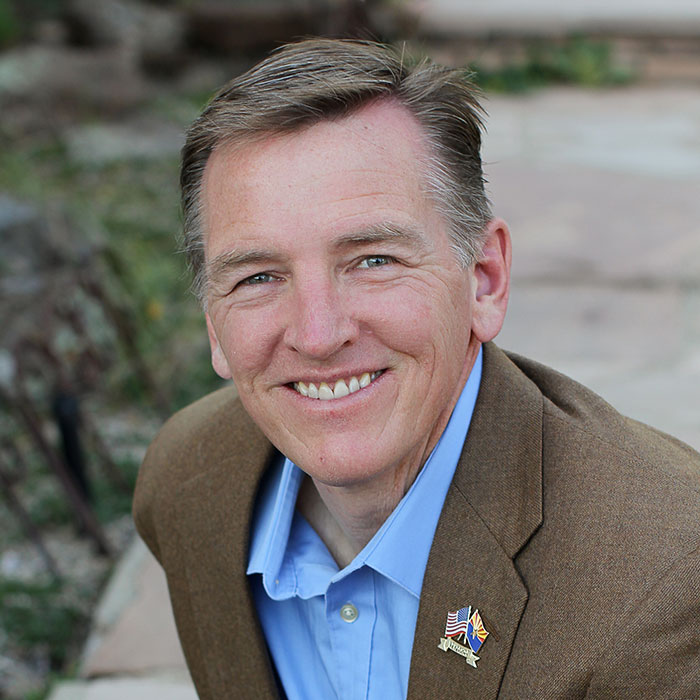Press Releases
Gosar Legislation to Preserve and Protect the C.C. Cragin Dam Project to Become Law
Washington, DC,
October 22, 2011
|
Gosar will be one of just two freshman to have legislation become law this Congress
FOR IMMEDIATE RELEASE: October 20, 2011 CONTACT: Apryl Marie Fogel 202-595-4946 Gosar Legislation to Preserve and Protect the C.C. Cragin Dam Project to Become Law Gosar will be one of just two freshman to have legislation become law this Congress Gila County, AZ – The first piece of legislation introduced by Congressman Paul Gosar, DDS (AZ-01) in the U.S. House of Representatives, H.R. 489 related to the C.C. Cragin Dam project passed out of the U.S Senate on Tuesday. This legislation, which is vital to the long-term management of the project, has now been sent to the President to be signed into law. “My legislation is a common-sense solution to the bureaucratic wrangling that has occurred between the Department of Interior and Agriculture that has compromised the routine maintenance of critical water infrastructure in Arizona,” Congressman Gosar said. “I am humbled to be just one of two members of the 95 person Freshman class to have substantive legislation become law. I remain committed to working with my colleagues in a bipartisan manner to solve the problems facing rural Arizona.” Mayor Kenny Evans of Town of Payson noted that, "Although this legislation isn't a big deal for Washington, DC, it's a big deal for those in and around Payson, AZ. This is a classic example of a relatively minor change that won't alter the rules and will help us create jobs in rural AZ.” He went on to note “We at home are very grateful that Congressman Gosar went to Washington, D.C. and never accepted the idea that as a Freshman he couldn’t accomplish what he was sent there to do – provide solutions and get meaningful results for our area.” Tommie Martin, Gila County Board of Supervisors - District 1 Supervisor and Chairman of the Board said of the passage of this bill "two significant things are the presence of water and the absence of fire. This significant legislation will help get a handle on both. Congressman Gosar should be commended for moving a bill so specific to a fairly small area thru a Congress that is so divided. This is the best gift he could give us. " The C.C. Cragin project spans across federally owned land in the Coconino and Tonto National Forests and is a vital part of the Salt River Project (SRP) Federal Reclamation Project. The C.C. Cragin Dam plays an essential role in providing water for the City of Phoenix and Gila County. Towns like Payson and other neighboring communities rely on this pipeline to supply municipal drinking water to the community. H.R. 489 is a common-sense solution that eliminates government red tape and provides a clear approval process for the Salt River Project (SRP) to maintain the C.C. Cragin Dam and Reservoir Project. Specifically, the bill grants the Department of Interior exclusive jurisdiction to manage the project and grants the Department of Agriculture administrative jurisdiction over land management activities that do not conflict or adversely affect the operation, maintenance, or replacement/repair of the project. It is important to note that this bill upholds all existing environmental laws and has no cost to the taxpayer. Having a single agency overseeing the project is vital to its future. Past bureaucratic wrangling delayed much needed repairs – wasting precious Arizona water resources, increased repair costs, and placed the economic development of the Town of Payson at-risk. H.R. 489 passed the United States House of Representatives on October 3rd and the United States Senate on October 18th. President Obama is expected to sign the legislation into law over the next week. Congressman Gosar will be one of just two members of the 95 person 112th Congress freshmen class to have legislation they sponsored signed into law. Freshman Congressman Bill Johnson (OH-6) was the first when his legislation, H.R.2646 Veterans Health Care Facilities Capital Improvement Act of 2011, was signed into law on October 5th. ### |
